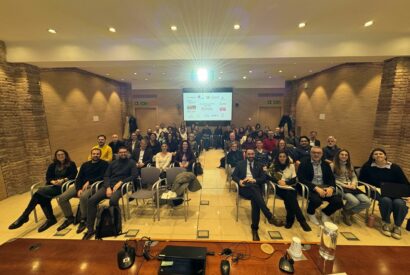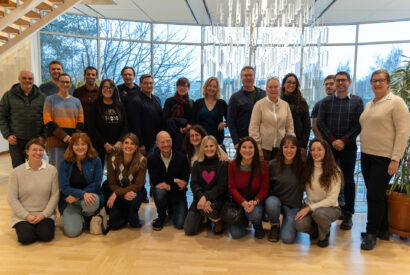Sharing insights and responding to the challenges of Autism Spectrum Disorder (ASD) at Living Lab Day
In the I edition of the Living Lab Day of the CSMC we have shed light on some of the challenges posed by Autism Spectrum Disorder (ASD): the key role of families and the community, the need to create a model for approaching ASD and the role played by technology.
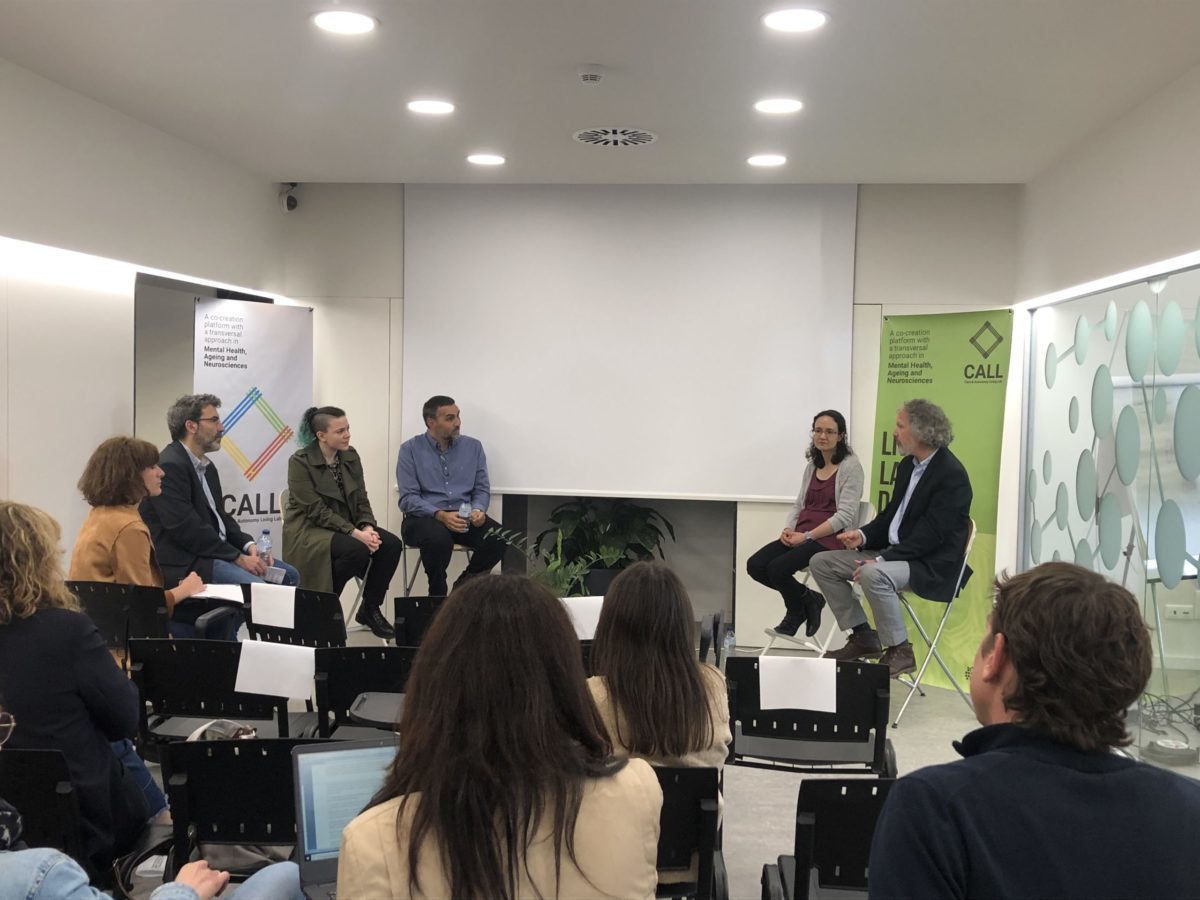
With the aim of addressing the problems and challenges posed by the Autistic Spectrum Disorder from a multidisciplinary perspective, the Mental Health Cluster of Catalonia (CSMC) has held, on Tuesday, May 3, the Living Lab Day, a day of co-creation where the key role of families and the community, the importance of creating a model to jointly address ASD and the role played by technology have been put on the table.
One of the central axes of this meeting, which has brought together around 40 professionals in the field of mental health, has been the importance of incorporating the experimental knowledge of families, acquired from observation and repetition, into existing scientific evidence to address the diagnosis and treatment of the autism collective.
In this regard, Maria J. Portella, mother of a child with ASD and main researcher at IIB-Sant Pau, a member group of the TECSAM Network, stressed that “families are great experts” and that currently “there are no spaces where families can explain their experience.” In the same vein, Natalia Radó, general director of the Asperger’s Association of Catalonia, highlighted the need to create tools to transfer all this knowledge from families to the health system and work to strengthen users’ social support networks.
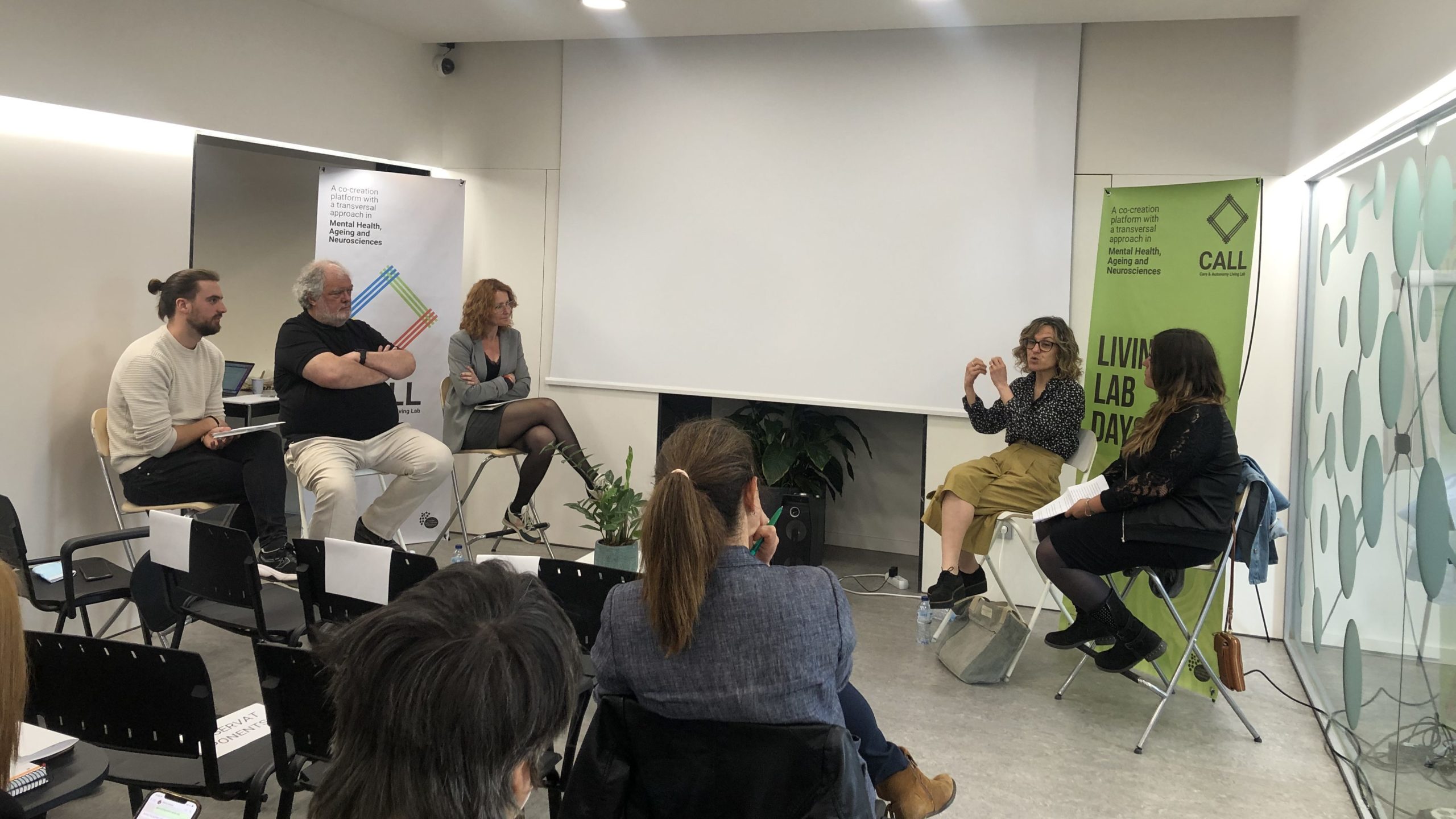
Together, they have reflected on the key role that the community plays in the acceptance and social integration of the affected people, something that not only refers to making community resources available to these people (health, assistance, leisure, etc.) but also that the community throughout it is a resource to help this collective. It is about “creating possibilities”, as Toni Artal (director of the CEEPSIR D’ASPASIM educational centre) has noted in order to ensure the well-being of people with autism.
Social rights and empowerment
Another of the challenges identified at the conference was the normalization of difference, understanding ASD as a condition of people and not a deficit; as well as the importance of guaranteeing users’ social rights, empowering them and promoting more active participation in their treatment. In this sense, Claudia Otero and Fabrizio Acanfora, members of the autism collective, have shed light on issues such as self-representation and emotional states based on their personal experiences.
Furthermore, Susi Cordón (director at APRENEM autisme) has highlighted the lack of a coordinated response from the institutions, entities and the Administration in dealing with ASD and has claimed the need to train professionals and provide more tools and strategies to families to accompany people with ASD, often considered “second-class citizens”.
The president of the Catalan Federation of Autism, Neus Payerol Gràcia, has highlighted the relevant role of entities and associations in improving the care and autonomy of these people and the lack of public services. Along these same lines, Montserrat Vilella (director of the General Directorate for Personal Autonomy and Disability) agreed that there is still a lot of work to be done from the institutional sphere.
The technology and ASD binomial
At the hands of Narcís Parés (IP of the Full-Body Interaction Lab (FubIntLab)) and Cecilio Angulo (UPC professor and president of ACIA), expert researchers in technology and members of the TECSAM Network, technology has been treated as an opportunity to improve the cognitive abilities, autonomy and learning of these people (especially children) through transversal projects of virtual reality, robotics or AI.
On the other hand, Laura Gisbert (coordinator of the ASD comprehensive attention program at Vall d’Hebron Hospital) has provided us with a clinical perspective, and Ángeles Mairena (psychologist at UnimTEA at Sant Joan de Déu Hospital) has explained from the healthcare’s point of view how technology can improve the autonomy, mobility and motivation of this collective. Despite the opportunities that technology offers for people with autism, emphasis has also been placed on the need to raise awareness of the associated dangers, such as addictive behaviours or user security and privacy.
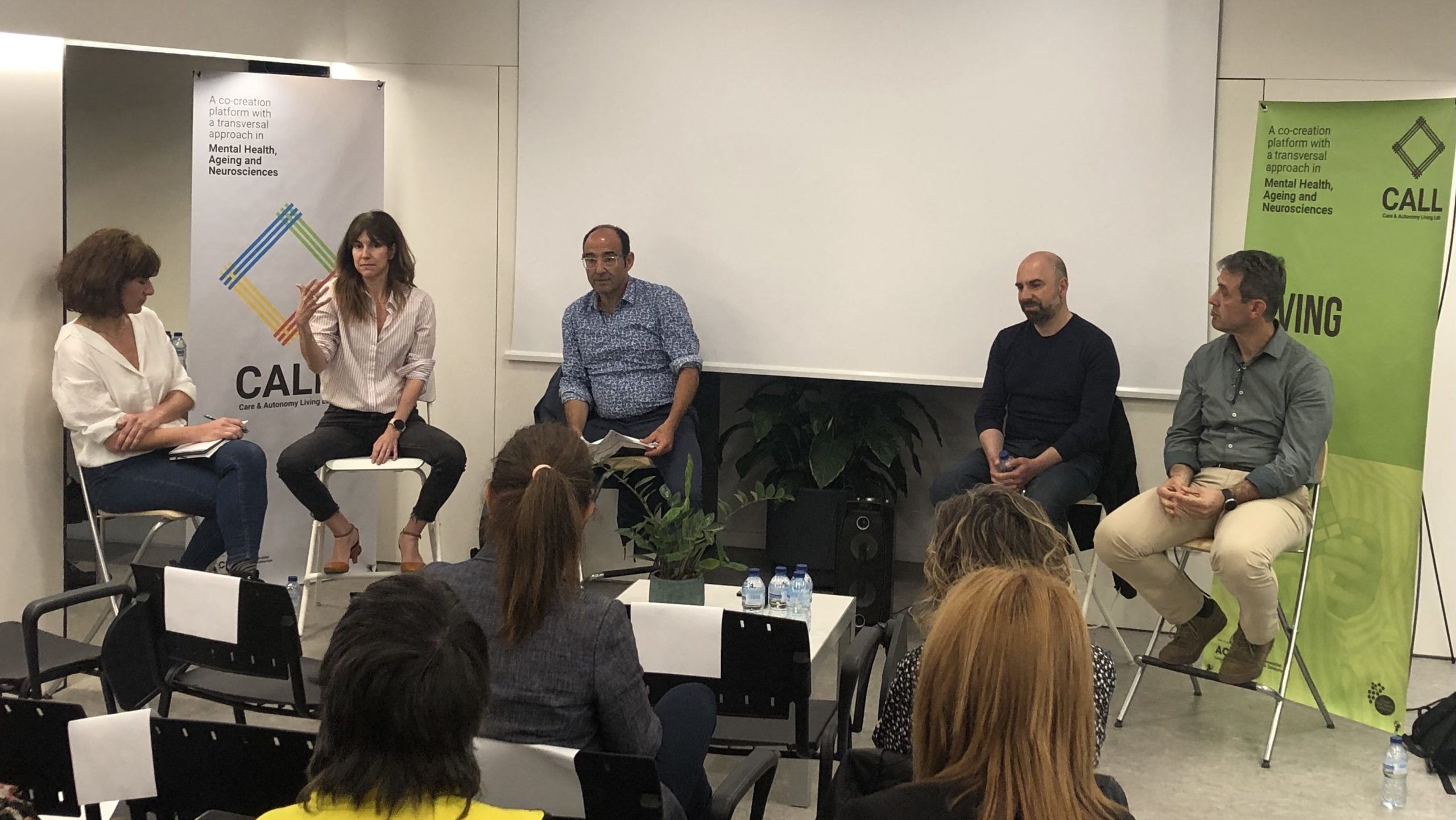
This session, which took place in the Mariano Palace (Sant Boi de Llobregat, Barcelona), has focused on three main themes: “Rights and Citizenship”, “Accompaniment and Support to Families”, and “Technology and TEA”, and has had representatives from the institutional, healthcare, technology and research fields.
The event is part of the Living Lab Day, a series of thematic sessions that aim to bring together actors from a wide range of sectors to address joint responses to the challenges of a backbone theme, in the case of this first edition, the TEA. This initiative, promoted by the CSMC, has the collaboration of the Universitat Autònoma de Barcelona and the consulting firm Specialisterne España.
You can check the full program for this day here.
